About European Network of Celebrations of the Holy Week and Easter
This European network of Holy Week and Easter celebrations is formed as a non-profit association, open to all those religions and believers that commemorate the passion and resurrection of Jesus Christ and whose cultural heritage is a point of reference in their respective region and/or countries.
The Association intends to join forces and to take advantage of synergies in the consolidation of a model of conservation and diffusion of the material and immaterial heritage of Holy Week and Easter, while promoting these expressions of the different members and geographic areas involved as quality tourist destinations.
Among other objectives are included: conserving, protecting and promoting cultural heritage; improve heritage destinations and their natural and rural environment; promote sustainable tourism; create networks of cooperation with cultural and tourism actors; encourage educational activities; promote research.
This association has, as founding partners, different entities, which promote and add value in the representation of traditions and emblematic festivals at European level, which are the following:
– The Italian Frederick II Foundation, representing the municipalities of Palermo and Caltanissetta, in Sicily, Italy
– The municipality of Birgu, from Malta
– The Lenten Commission and Holy Week Celebrations in Braga, Portugal
– The representations of the Passion of Christ in Skofja Loka, Slovenia
– The Andalusian route Camiños de Passión, which represents the Holy Week celebrations of the municipalities of Alcalá la Real, Jaén, Baena, Cabra, Carmona, Lucena, Priego de Córdoba and Puente Genil, in the province of Córdoba; and still Écija, Osuna and Utrera, of the province of Seville, Spain
– Within the Spanish geography, the Holy Week celebrations of Orihuela (Alicante), Lorca (Murcia) and Viveiro (Lugo)
European Cultural Itinerary
The Association prepares a candidacy for a future European Cultural Itinerary, within the Council of Europe, because it sees it as a formidable challenging opportunity and a platform to broadcast and publicize the heritage related to the celebrations of Holy Week and Easter (where Braga will be inserted), giving it visibility at a European level and even worldwide.
About the Cultural Routes of the Council of Europe
The Cultural Routes program of the Council of Europe was launched in 1987 by the Council of Europe to demonstrate, through space and time travel, how Europe's cultural heritage develops across borders.
A European cultural itinerary is a route that covers countries and regions that is structured around a theme whose history, artistic and cultural interest is clearly European, either by its geographical location or its content and meaning.
Sobre la Red Europea de Celebraciones de la Semana Santa y Pascua
Esta red europea de las Semanas Santas y celebraciones de Pascua está formada como una asociación sin ánimo de lucro, abierta a todas las religiones y creencias que conmemoran la pasión y resurrección de Jesucristo, cuyo patrimonio cultural es un punto de referencia en sus respectivas regiones y/o países.
La Asociación pretende reunir esfuerzos y aprovechar sinergias en la consolidación de un modelo de la conservación y la difusión del patrimonio material e inmaterial de la Semana Santa y la Pascua, al mismo tiempo que promueve estas expresiones, de los diferentes miembros y áreas geográficas envueltas, como destinos turísticos de calidad.
Entre otros de sus objetivos están: conservar, proteger y promover el patrimonio cultural; mejorar los destinos patrimoniales y su entorno natural y rural; promover el turismo sostenible; crear redes de cooperación con agentes culturales y turísticos; fomentar actividades educacionales; promover la investigación.
Esta asociación tiene desde su inicio, como socios fundadores, diferentes entidades que promueven y dan valor representando las tradiciones y fiestas emblemáticas a nivel europeo:
– La Italiana Fundación Federico II, en representación de los municipios Palermo e Caltanissetta, de Sicilia, Italia,
– Los municipios de Birgu, en Malta
– La Comisión de Cuaresma y Celebraciones de la Semana Santa de Braga, en Portugal
– Las Representaciones de la Pasión de Cristo en Skofja Loka, en Eslovenia
– La ruta andaluza Caminos de Pasión, que representa las celebraciones de la Semana Santa de los municipios de Alcalá la Real en Jaén, Baena, Cabra, Carmona, Lucena, Priego de Córdoba y Puente Genil, de la provincia de Córdoba y, Écija, Osuna y Utrera, de la provincia de Sevilla, España
– Dentro de la geografía española también está integrada a la Red las celebraciones de la Semana Santa de Orihuela (Alicante), Lorca (Murcia) y Viveiro (Lugo)
Itinerario Cultural Europeo
La Asociación prepara una candidatura a un futuro Itinerario Cultural Europeo, dentro del Consejo de Europa, porque lo ve como una formidable oportunidad y una plataforma para diseminar y dar a conocer el patrimonio relacionado con las celebraciones de la Semana Santa y Pascua, dándole visibilidad a nivel europeo e incluso mundial.
Sobre los itinerarios Culturales del Consejo de Europa
El programa Itinerarios Culturales del Consejo de Europa fue lanzado en 1987 por el Consejo de Europa con la finalidad de demostrar, viajando a través del espacio y el tiempo, cómo el patrimonio cultural de Europa se desarrolla a través de fronteras.
Un itinerario cultural europeo es una ruta que abarca países y regiones y que se organiza en base a un tema cuya historia, interés artístico y cultural que sea claramente europeo, sea por su localización geográfica o por su contenido y significado.